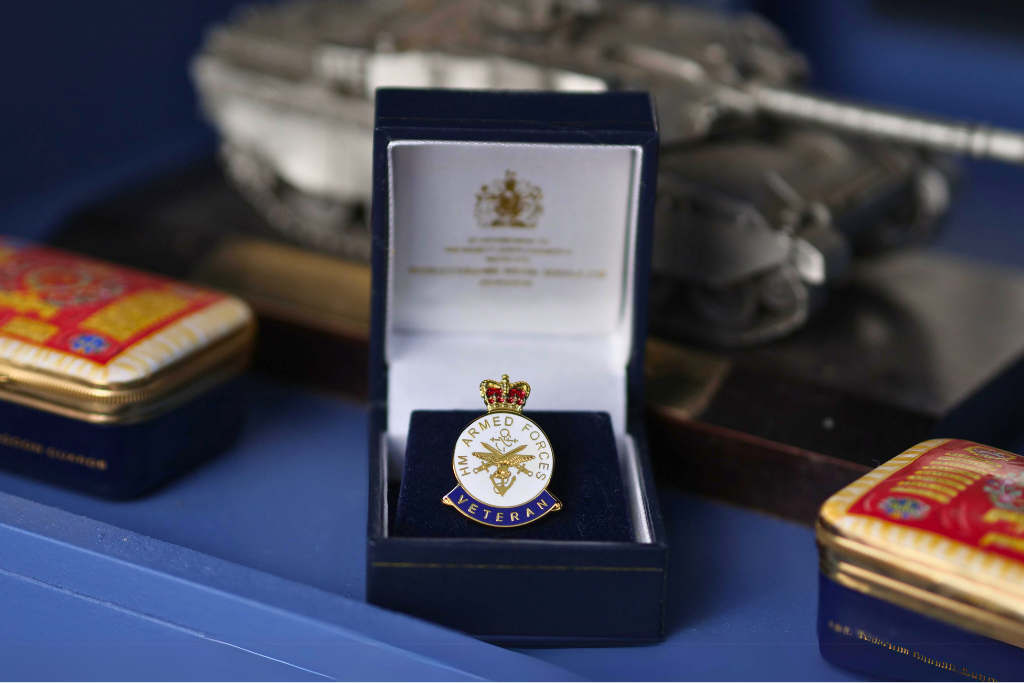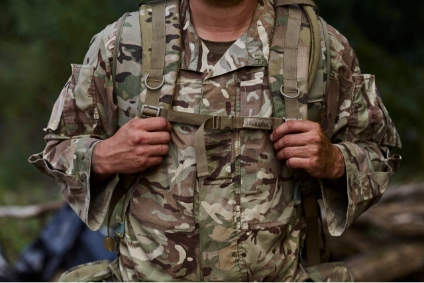
Career Transition Partnership
The Career Transition Partnership is the official provider of Armed Forces Resettlement. It is partnership between the Ministry of Defence and Right Management Ltd who are part of the Manpower Group, a leading careers organisation. They are able to offer careers services for anyone leaving the Armed Forces to help you move into your new employment with ease. It is the best place to start when it comes to finding workshops, getting advice on various topics and starting your new job search. Find out more at https://www.ctp.org.uk/
The CTP also has a job board where you can search for jobs but you need to be registered with them before you can get access to Rightjob (the job board). You may also be able to get help from RFEA – the forces employment charity but registering for their services here: https://www.forcesemployment.org.uk/
Starting a new career
Starting a new career after your military career can be daunting, the first step in starting is to understand what you want and what you can offer. It is important to focus on how your unique talents gained in the military can match up with the current job market. To do this you should investigate the current employment market and discover where your skills fit in with it.
Writing your CV
The purpose of a CV is to showcase your skills and get you an interview. Your CV should be clear and easy for the potential employer to read and see how you match their requirements.
Start your CV with either a personal statement or a career summary, this gives you the opportunity to show your relevant experience, and why you are the best person for the job.
Moving into the civilian market may mean that employers are not familiar with military titles and what roles they entail, this means it would be a good idea to translate any relevant roles and responsibilities into a more civilian compatible format. It would be good practise to show your CV to a ‘civilian’ to check they can understand it before it gets sent onto a potential employer.
It is important to triple check your CV for spelling mistakes, when employers receive high volumes of CVs the first thing, they will do is reject those who have simple spelling errors. Another common mistake is not keeping them updated, you should update your CV for every new job you have, or every role change/promotion you get.
Interview Tips
The purpose of an interview is the chance to show your unique skills and experiences, and how they all come together to make you the ideal candidate for the role. You should start preparing for your interview as soon as possible, a key part of this is researching into the company you have applied for. Often, questions in interviews will include what you know about the company and why you would like to work there, so it is important to know about the company you’re hoping to work for.
Think about the kind of questions you may be asked, and your potential answers to them. It is also good practise to think about any questions you would like to know about the company, such as structure and working hours etc.
Considering starting your own business?
Maybe you want to do something completely different or use some of your military skills in a consulting role? You’ll find lots of information on Gov.uk website around setting up a business, writing a business plan and how to grow your business. https://www.gov.uk/browse/business/setting-up
Trinity has teamed up with Ripe Small Business, a leading insurance provider offering our veterans customers or partners and family members of serving military personnel, the small business insurance they need.
Finding a new job
The first step is to go online and register with reputable job boards. There are quite a few out there, and you will probably find some are more suitable to the roles you are looking for than others. Make sure you’ve completed your CV and happy with it before you register and upload your CV as many employers will be using these sites to search for suitable candidates.
Make use of your network – personal and professional. You never know who might be looking to fill a role or know of one that would be suitable. Social media can also be helpful.
Make use of recruitment agencies which will allow more one-to-one support with finding a suitable role. With an agency you’ll get help with showcasing the skills you have developed in the military.
There’s a job search on the Department of Work and Pensions https://findajob.dwp.gov.uk/ as well as links for contacting Job CentrePlus.


